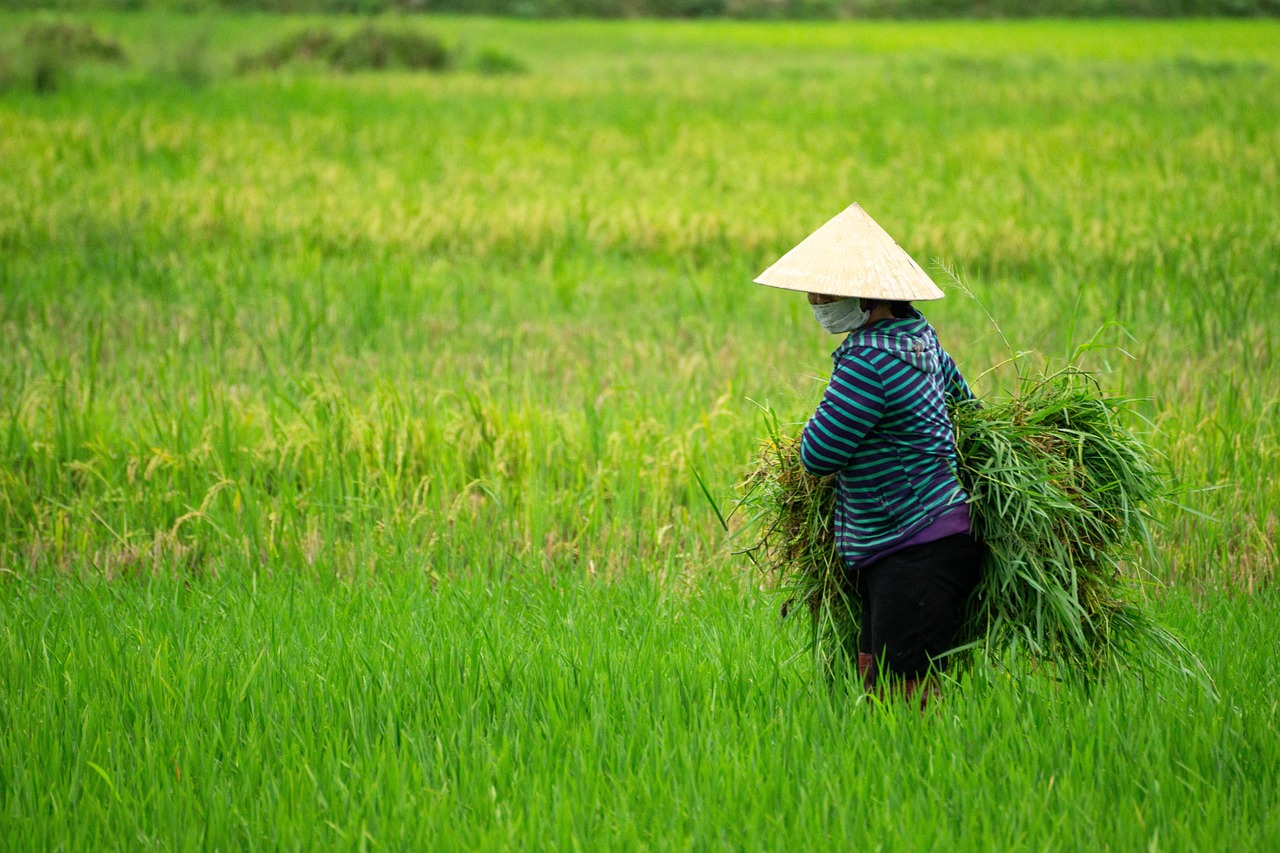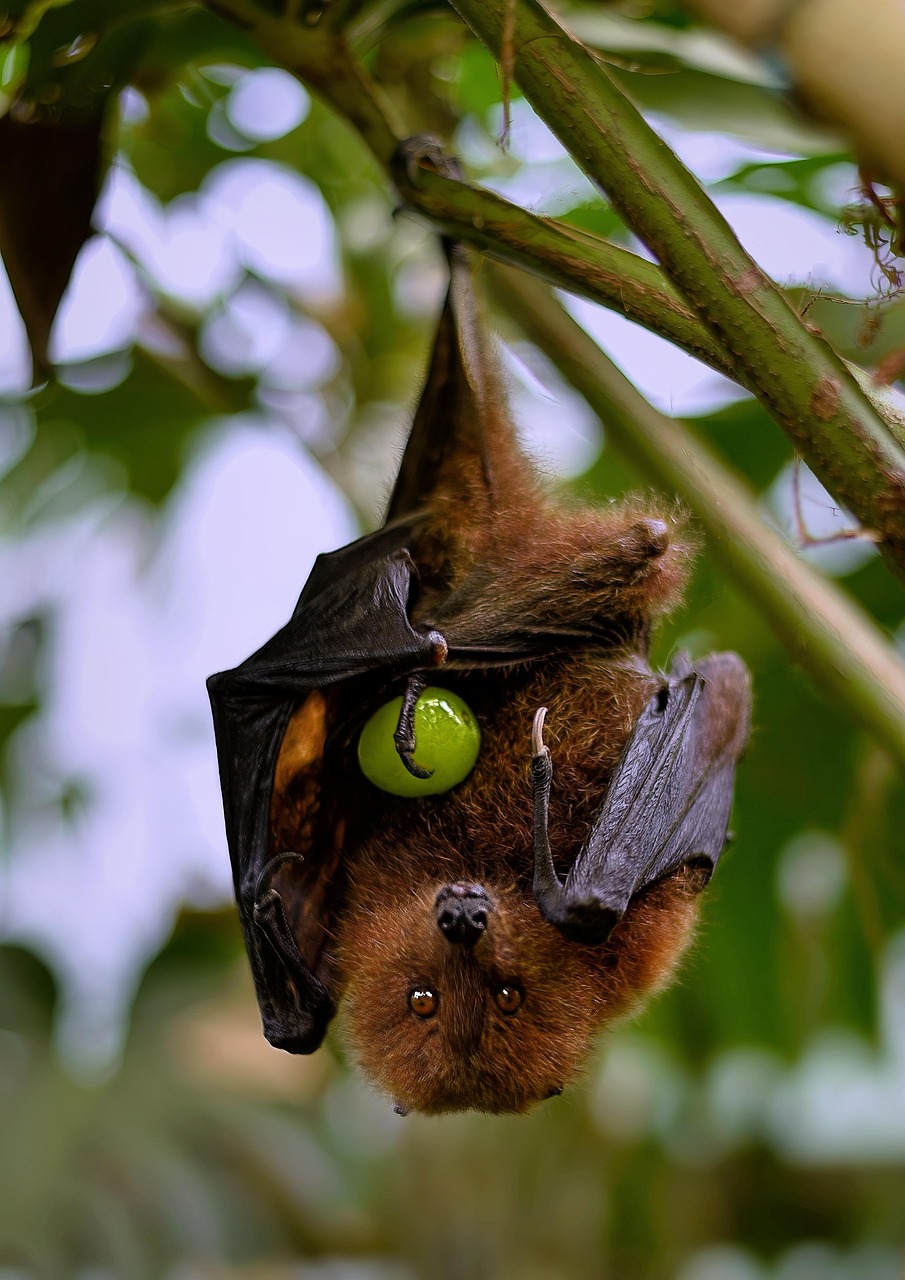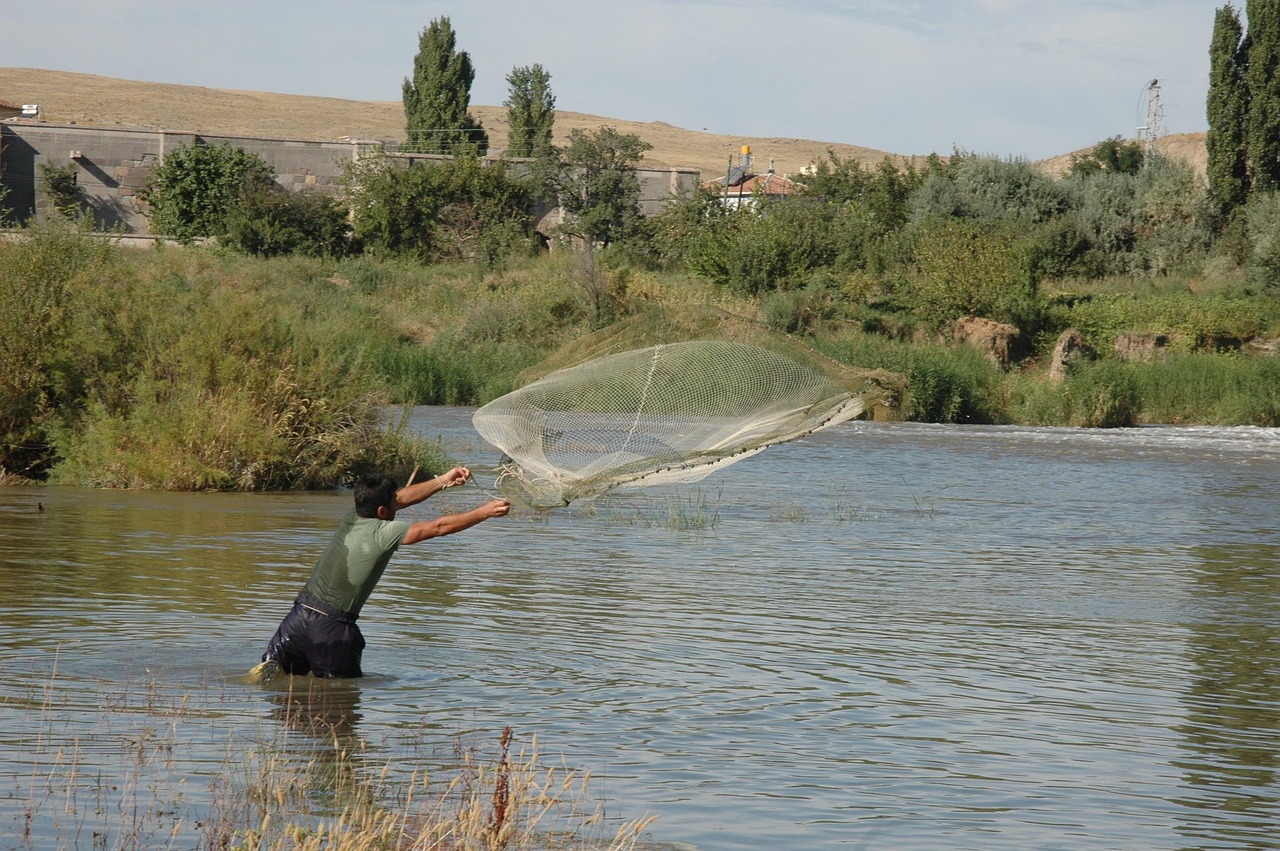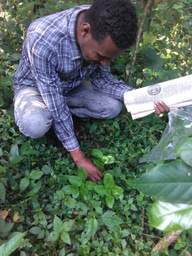Highlights from reviews in ethnobiomedical sciences
Published in Social Sciences, Ecology & Evolution, and Agricultural & Food Science

Traditional Knowledge, Ecology, and Conservation
Gendered traditional agroecological knowledge in agri-food systems
Men and women perform different tasks in farming, which affects their knowledge and access to resources like land and seeds. Men often have more access to land, while women are usually responsible for seed conservation. Cultural and societal norms often favor men, giving them more control over resources. This can limit women's ability to contribute to and benefit from farming activities.

Women often pass down their knowledge within families and communities, especially in areas like food processing and medicine. However, globalization and other changes can erode this knowledge. Addressing gender inequalities in access to resources and decision-making is crucial for improving food security and adapting to climate change.
The review highlights the need to recognize and support the different contributions of men and women in farming to build more resilient and equitable food systems. More research is needed, especially in underexplored areas like freshwater and livestock systems, and in regions like the global north.
Food taboos and animal conservation
This systematic review examines the impact of food taboos on animal conservation. It reveals that cultural prohibitions against consuming certain species can significantly contribute to the protection of biodiversity. The study provides examples from various cultures where food taboos have helped maintain ecological balance and prevent overexploitation of wildlife.
Ethnobotanical contributions to global fishing communities
Here more insights can be found about the role of ethnobotany in traditional fishing communities. It categorizes the various uses of plants and algae in fisheries, such as bait, tools, and habitat enhancement. The review emphasizes the ecological and cultural significance of these practices and calls for further research to support sustainable fisheries management.
Ethnosciences, one health and human-microbe interaction
Interactions between local medical systems and the biomedical system
This review explores the dynamic interactions between local medical systems (LMS) and the biomedical system. It introduces the concept of hybridization, where elements of both systems are integrated to create more effective healthcare solutions. The study discusses case studies from different regions, illustrating how hybrid medical practices can enhance healthcare delivery and patient outcomes.
The dawn of ethnomicrobiology: an interdisciplinary research field on interactions between humans and microorganisms
This review introduces ethnomicrobiology as a new interdisciplinary field within ethnobiology, focusing on the interactions between humans and microorganisms. Traditionally, ethnobiology has concentrated on plants, animals, fungi, and ecosystems, often overlooking microbes such as bacteria, yeasts, molds, and viruses. However, microorganisms have been integral to human life since the earliest days of Earth, influencing health, food systems, and ecological processes.
The article highlights how humans have historically accumulated knowledge about microbes through sensory attributes like smell, taste, and texture, which guide the management of microbial contexts. These interactions are expressions of biocultural diversity, reflecting the deep connections between human cultures and microbial life.

Socioeconomic benefits associated with bats
Bats offer significant benefits to human communities, but these benefits are context-dependent and vary by region. Effective conservation strategies should consider these benefits while addressing public health concerns and promoting sustainable use of bat populations.
Focus on Mexico
Academic history, domains and distribution of the hot-cold system in Mexico
Dualism is a prevailing concept in many cultures around the world. It maintains that the world is structured by two opposing forces, such as light/dark, dry/wet, high/low, etc. A prominent contemporary example of dualism is the traditional classification of health issues, foods, and remedies into “hot” and “cold” categories. This division is observed globally, including in Southeast Asia, India, the Peruvian Andes, the Greater Antilles, and southeastern Brazil, and many other cultures.
This review examines the hot-cold classification system used in Mexico. The classification system applied to traditional foodways, many health problems, remedies (diseases considered “hot” are treated with “cold” remedies, and vice versa), and foods. The hot–cold system is highly versatile and complex and is applied to other domains, such as colors, times of the year, human life stages, elements of the environment, and emotions.
A review of the melliferous flora of Yucatan peninsula, Mexico
This review provides a comprehensive overview of the melliferous flora in the Yucatan Peninsula, Mexico. It discusses the diversity of plant species that are important for local apiculture, their growth habits, and flowering periods. The study underscores the importance of these plants for honey production and the need for conservation efforts to protect this valuable resource.
Follow the Topic
-
Journal of Ethnobiology and Ethnomedicine

This journal publishes original research focusing on cultural perceptions of nature and of human and animal health. It invites research articles, reviews and commentaries concerning the investigations of the inextricable links between human societies and nature, food, and health.
Related Collections
With Collections, you can get published faster and increase your visibility.
Ethnobiology of the islands
This Collection examines the socio-ecological systems of "islands" and coastal areas worldwide, focusing on the relationship between humans and biota and even non-biotic components and the implications of these interactions over time and space. Cross-cultural analysis, indigenous perspectives, and the complex dynamics between the local knowledge of these "isles" (especially the most peripheral and marginalized ones) and the contiguous mainland are particularly welcome. Issues related to the effects of unsustainable tourism on local knowledge systems are also very appropriate.
The projection of the contributions should aim to foster the community-centered sustainable management of marine and coastal resources and envision new paths in environmental education and political ecology.
This Collection supports and amplifies research related to SDG 14, Life Below Water and SDG 15, Life on Land.
All submissions in this collection undergo the journal’s standard peer review process. Similarly, all manuscripts authored by a Guest Editor(s) will be handled by the Editor-in-Chief. As an open access publication, this journal levies an article processing fee (details here). We recognize that many key stakeholders may not have access to such resources and are committed to supporting participation in this issue wherever resources are a barrier. For more information about what support may be available, please visit OA funding and support, or email OAfundingpolicy@springernature.com or the Editor-in-Chief.
Publishing Model: Open Access
Deadline: Jul 03, 2026
Small-scale farming and ethnobiology – Bridging local knowledge, biodiversity, and cultural landscapes
The importance of deepening our understanding of small-scale farming and its intersections with ethnobiology and ethnoecology cannot be overstated. These fields illuminate not only traditional agricultural practices that have sustained communities for generations, but also contemporary locally adapted sustainable practices. Together, they underscore the vital role of local knowledge in preserving biodiversity and shaping cultural landscapes.
Recent research has highlighted the intricate relationships between local communities and their territories and ecosystems, showing how both traditional and locally adapted innovative farming methods can enhance biodiversity and promote ecological balance. These insights are essential for informing sustainable land management and ecosystem resilience.
Looking ahead, continued exploration in this area holds the potential to yield transformative insights. Integrating traditional knowledge with organic and agroecological practices—which may be ancient, innovative, or retro-innovative—can lead to more sustainable and resilient food and agriculture systems. This research is not only key to preserving cultural heritage but also to addressing urgent global challenges related to food security and environmental sustainability.
Topics of interest include, but are not limited to:
Local Knowledge & Sustainability
• Local Knowledge Systems in Agriculture
• Traditional Agricultural Practices and Sustainability
• Indigenous Knowledge and Climate Resilience
Biodiversity & Conservation
• Biodiversity Conservation in Small-Scale Farming
• Ethnobiological Approaches to Conservation
• Ethnoecological Perspectives on Land Use
Agroecology, Organic Farming & Cultural Landscapes
• Agroecological & Organic Practices and Transitions
• Innovation and Local Knowledge in Agroecological and Organic Systems
• Cultural Landscapes and Food Sovereignty.
This Collection supports and amplifies research related to SDG 2, Zero hunger, SDG 12, Responsible consumption and production, and SDG 15, Life on land.
All submissions in this collection undergo the journal’s standard peer review process. Similarly, all manuscripts authored by a Guest Editor(s) will be handled by the Editor-in-Chief. As an open access publication, this journal levies an article processing fee (details here). We recognize that many key stakeholders may not have access to such resources and are committed to supporting participation in this issue wherever resources are a barrier. For more information about what support may be available, please visit OA funding and support, or email OAfundingpolicy@springernature.com or the Editor-in-Chief.
Publishing Model: Open Access
Deadline: Jun 22, 2026






Please sign in or register for FREE
If you are a registered user on Research Communities by Springer Nature, please sign in
How beauty they are!